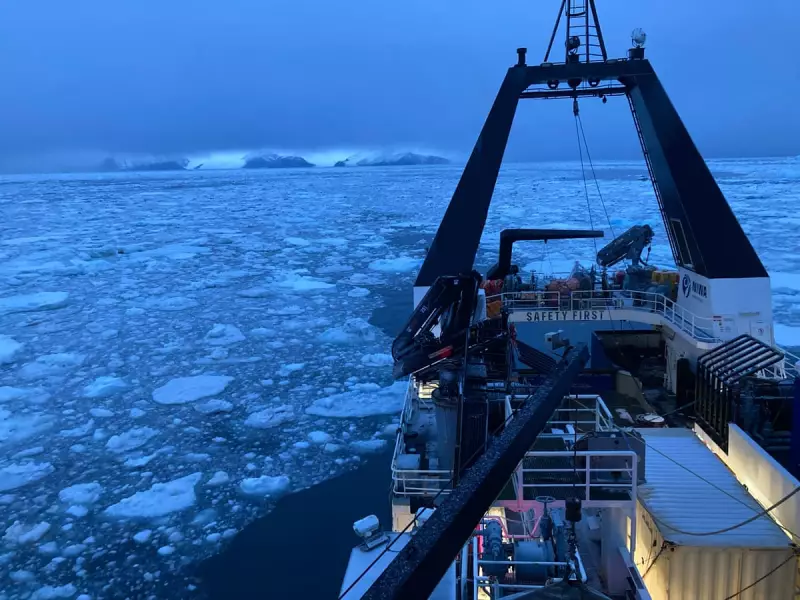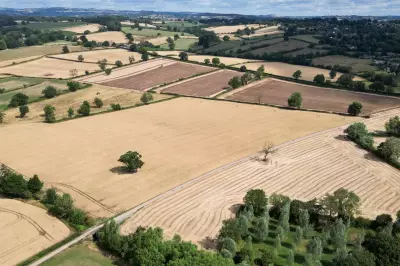
A century after Captain Robert Falcon Scott's ill-fated Antarctic expedition, scientists retracing his journey have uncovered startling changes in the Southern Ocean. The findings paint a worrying picture of how climate change is reshaping marine ecosystems.
The Shell Crisis
Researchers discovered that mollusc shells in the region are significantly weaker than those recorded during Scott's time. "We're seeing shells that are up to 30% thinner," noted marine biologist Dr. Eleanor Voss. "Ocean acidification from increased CO2 absorption is literally dissolving the building blocks of marine life."
Paradoxical Wildlife Boom
While some species struggle, others are thriving in the warming waters. Krill populations have exploded, leading to unexpected booms in whale and penguin numbers. "It's creating winners and losers in the polar ecosystem," explained Dr. Voss. "The food web is being completely rewritten."
Ice Retreat Reveals New Frontiers
The team documented over 200km of ice retreat compared to Scott's maps. "Where there was once impenetrable ice, we sailed through open water," said expedition leader Mark Timmins. "The scale of change is breathtaking - and alarming."
What This Means for Our Future
The expedition's findings have serious implications:
- Weakened shells threaten the entire marine food chain
- Changing ecosystems could collapse fisheries
- Melting ice contributes to global sea level rise
"Scott's expedition was about discovery," concluded Timmins. "Our mission has become one of documenting loss - but there's still time to act."





